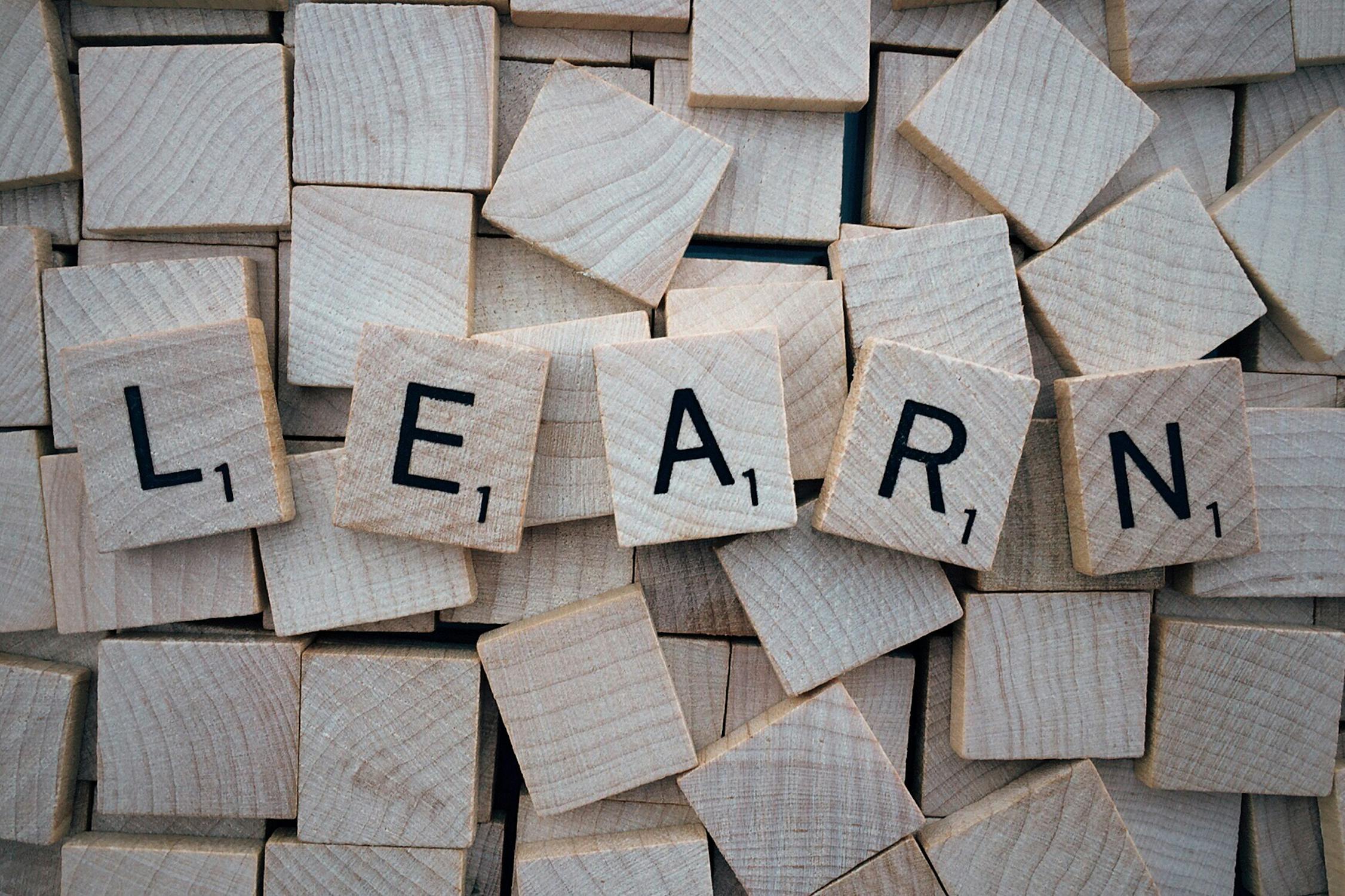The Power of Words

There is power in words. Words can empower. Words can disempower. How people are labeled and the stories we learn about people with those labels affects our perceptions about the value and social capital of people who have that label.
It doesn’t have to be political; it’s just what we do, as people!
Do you remember the first time that you related to a character on TV, or in a book or movie? Was there a word, label, or phrase that described that person? I remember. When “younger” was a good thing in Leave It to Beaver, I felt better about being the youngest child in the family and having teenaged sibs when I was in elementary school. Shows where the youngest child was cute and stupid were not so much fun for me.
When I read stories where “tomboy” was used for a girl who was happy, I rejoiced. I was a tomboy. I liked it that way. I also remember stories where “tomboy” was a bad thing. Stories where tomboys grow out of it and “learned to be a lady.” That’s a lesson that disempowered the ten-year-old me. I distinctly remember a local parent saying, “The bigger the tomboy, the more feminine the woman.” Welp! That didn’t work in my case.
“I’d rather not call it anything at all.”
A singer songwriter named Meg Christian grew up in the same town as Evangelist Jerry Falwell. She is a Lesbian. He was a bright light of the emerging Evangelical Christian Right. At a concert, Meg told this story: She and her mother were talking about Meg’s music. Her mother asked her why she had to publish a song with “Lesbian” in the title. Meg asked her mother, “What would you like me to call it?” Her mother replied, “I would prefer you call it nothing at all.”
Not calling something by its name is a way to make that person (or that aspect of a person) simply not be of importance. It creates a void where people have no name for “it.” This goes for something as benign as not saying Beaver was the youngest (the parents said it all the time to Wally and his friends). It also goes for enforcing rigid gender roles that make little boys and girls afraid of social sanction and bullying if boys are too bookish and girls are too sporty.
Stupid moments in word-banning
Early in the on-line days, AOL had a kerfuffle over it banning the word “breast” from member profiles. AOL thought it was obscene. The members were, for the most part, writing about breast cancer.
“Give us a break! Must we have ‘hooter cancer survivors?’ ” wrote one subscriber.
Dangerous moments in word-banning
In 2025, the Republican administration purged the -TQIA from LGBTQIA. (Lesbian, gay, bisexual, transexual, queer, intersex, asexual). Government sites were instructed remove the offending term. Then a week later, lists came out, showing words that will damn funding proposals (gift link). This will further silence the purged LGB, along with the -TQIA.
Among the purged words, several describe protected classes for housing and employment discrimination. These are the words being flagged by the Republican administration:
activism, activists, advocacy, advocate, advocates, barrier, barriers, biased, biased toward, biases, biases towards, bipoc, black and latinx, community diversity, community equity, cultural differences, cultural heritage, culturally responsive, disabilities, disability, discriminated, discrimination, discriminatory, diverse backgrounds, diverse communities, diverse community, diverse group, diverse groups, diversified, diversify, diversifying, diversity and inclusion, diversity equity, enhance the diversity, enhancing diversity, equal opportunity, equality, equitable, equity, ethnicity, excluded, female, females, fostering inclusivity, gender, gender diversity, genders, hate speech, excluded, female, females, fostering inclusivity, gender, gender diversity, genders, hate speech, hispanic minority, historically, implicit bias, implicit biases, inclusion, inclusive, inclusiveness, inclusivity, increase diversity, increase the diversity, indigenous community, inequalities, inequality, inequitable, inequities, institutional, Igbt, marginalize, marginalized, minorities, minority, multicultural, polarization, political, prejudice, privileges, promoting diversity, race and ethnicity, racial, racial diversity, racial inequality, racial justice, racially, racism, sense of belonging, sexual preferences, social justice, sociocultural, socioeconomic, status, stereotypes, systemic, trauma, under appreciated, under represented, under served, underrepresentation, underrepresented, underserved, undervalued, victim, women, women and underrepresented
How can housing data be collected without keeping track of “disability” or “race and ethnicity”? It can’t, unless the data is stripped of demographic information about residents. If disability, race, and ethnicity are not documented, how can we know who lives where? By not knowing, no one is accountable for housing discrimination that is ongoing.
See how this works? Let’s remove the names, then anyone who fits in that identity can just disappear from the public discourse. Good plan; very efficient.